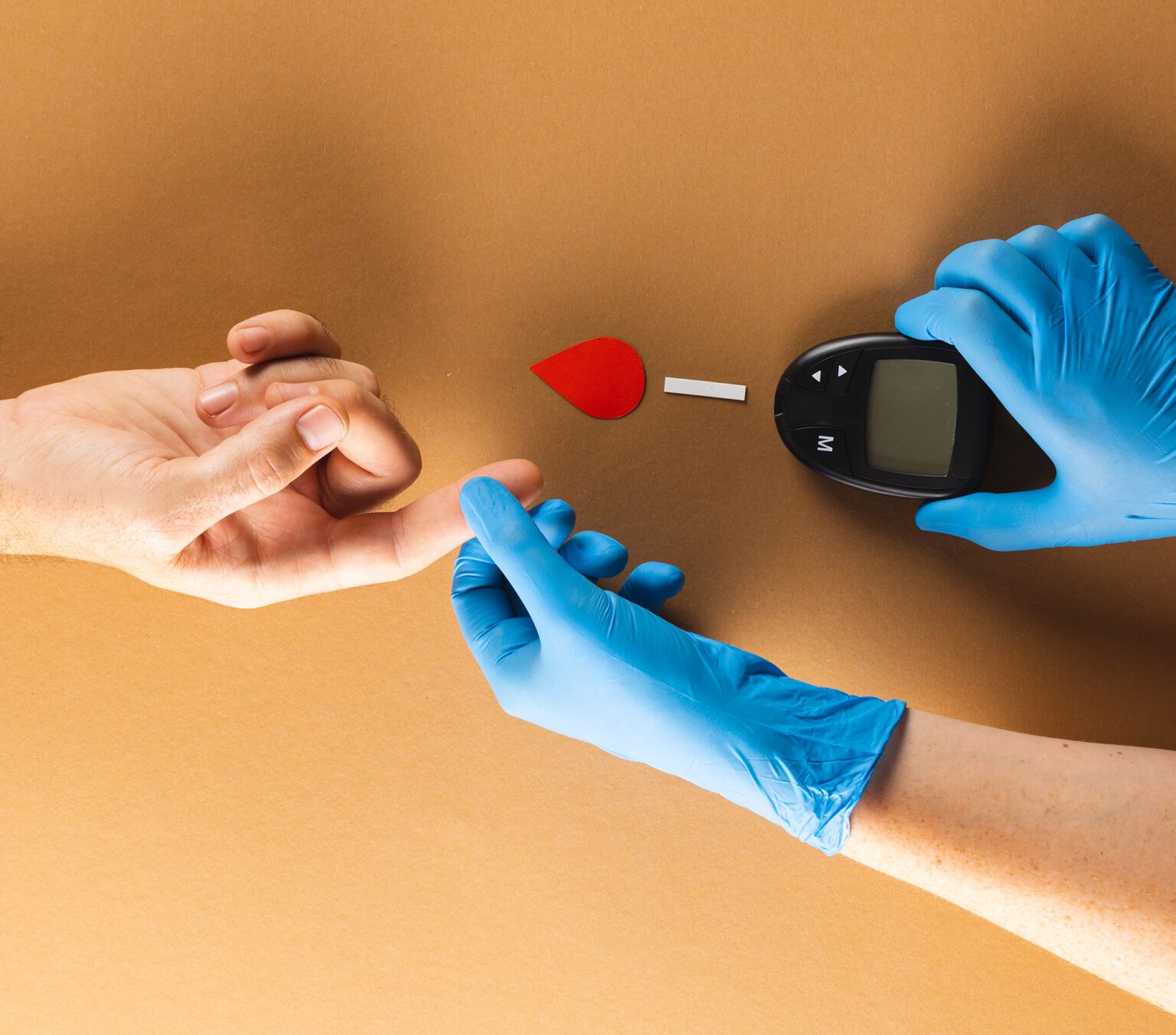Every November, the world turns its attention to diabetes, a condition that has quietly become a global health crisis. But beyond the statistics and campaigns, one question remains pressing: are we doing enough to combat this epidemic?
Diabetes, often labeled as a “silent killer,” is far from silent. It disrupts lives, devastates families, and places an overwhelming strain on healthcare systems. Yet, despite its profound impact, awareness and action remain insufficient. How many of us truly understand the gravity of this condition? How many of us take preventive measures seriously or advocate for better healthcare access for those affected?
Millions of people, especially in low-income communities, struggle to access life-saving medications like insulin, let alone regular screenings and education. This isn’t just a medical issue, it’s a social justice issue. In an era where technology enables rapid advancements, why do basic diabetes management tools remain out of reach for so many?
Prevention is another battleground we are failing to conquer. Type 2 diabetes, largely preventable through lifestyle changes, continues to surge. Sedentary lifestyles, poor dietary habits, and lack of education about healthy living are fueling this rise. And while personal responsibility is vital, we must also question the role of governments, industries, and communities in creating environments that either promote or hinder health.
This November, as we reflect on diabetes awareness, let it be more than just a campaign. Let it be a rallying cry for change—change in policies, access, education, and attitudes. We need a collective commitment to not only manage diabetes but to prevent it. The fight against diabetes isn’t just a medical mission; it’s a societal one.



